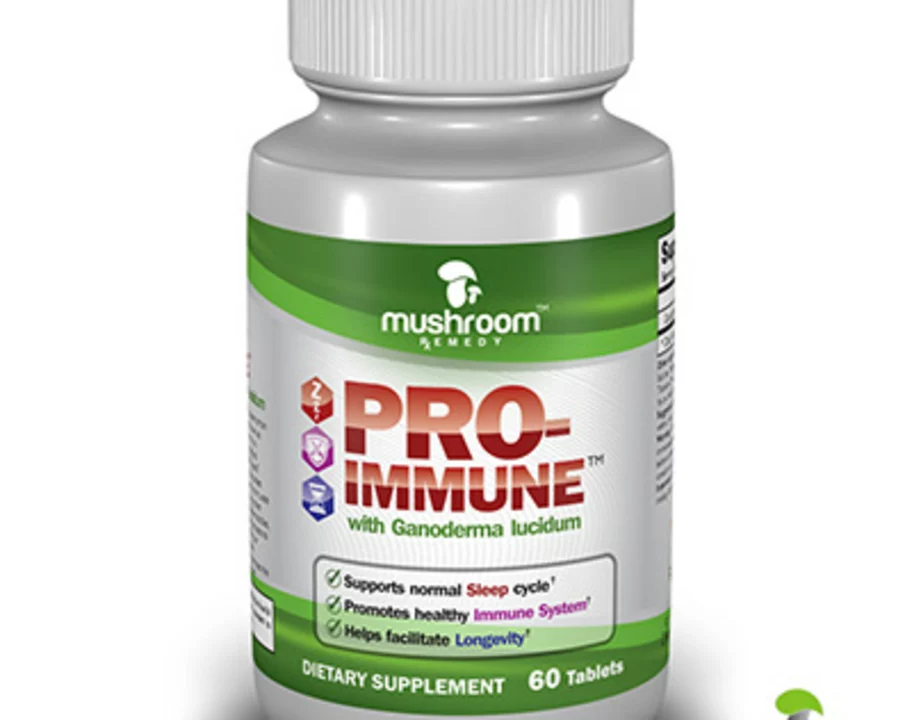Coriolus mushroom (Turkey Tail): what it does and how to use it
If you’ve seen "turkey tail" or Coriolus (Trametes versicolor) in the supplement aisle, you probably wondered what it actually helps with. Short answer: it’s a mushroom used mainly for immune support. People take it as a tea, powder, extract or capsule. Some countries use specific extracts in cancer care alongside regular treatment. Below I’ll walk through the practical facts so you can decide if it’s worth trying.
What the evidence says
Coriolus contains polysaccharides (often called PSK or PSP) that interact with the immune system. Clinical work from Japan has used PSK as an add-on in cancer therapy and reported improved immune markers and, in some trials, better survival for certain cancers like gastric cancer. Smaller studies and lab research also show increased activity of natural killer cells and other immune cells. That doesn’t mean it cures anything, but it’s why many people use it to support immunity during stressful times or alongside other treatments.
Think of turkey tail like a targeted supplement: not a magic bullet, but a tool that can nudge immune responses. If you’re on active cancer treatment, discuss it with your oncology team—some clinics already approve PSK as an adjunct, but decisions should be individualized.
How to take it safely
Common forms: hot-water extracts (best for polysaccharides), powdered mushroom, tinctures, and capsules. Typical supplement doses range from 1 to 3 grams daily for extracts. In Japanese practice, clinical PSK doses are around 3 grams per day. Start low—try one capsule or 500 mg and scale up while watching for side effects.
Side effects are usually mild: stomach upset, gas, or loose stools. People on immunosuppressants, or those with autoimmune conditions, should be cautious because coriolus can stimulate immune activity. Also check with your doctor if you’re on blood thinners or taking many medications—interactions are uncommon but possible. Pregnant and breastfeeding people should avoid it unless a clinician recommends otherwise.
Choosing a product: prefer hot-water extracts standardized for polysaccharides (look for PSK/PSP on the label), third-party testing, clear dosages, and minimal fillers. Organic sourcing is a plus but not required. If you want a gentle start, make a tea: simmer sliced dried turkey tail for 30–60 minutes, strain, and sip. For stronger, consistent dosing pick a standardized extract or capsule.
Practical tips: keep supplements in a cool, dry place; track any changes you notice in a week or two; stop if you get persistent GI trouble or allergic reactions. If you’re using it as part of cancer care, document brands and doses so your medical team can follow what you’re taking.
Coriolus won’t replace medicine, but it’s a well-researched mushroom with a clear niche: immune support and as an adjunct in some cancer settings. If that sounds useful, talk with your healthcare provider and pick a quality extract to try.
The Science Behind Coriolus Mushroom: How This Dietary Supplement Can Transform Your Health
I recently discovered the amazing health benefits of Coriolus mushroom and I just had to share it with you all! The science behind this dietary supplement is truly fascinating. Coriolus mushroom contains powerful compounds that can boost our immune system, improve gut health, and even fight against cancer. Not only that, but it's also rich in antioxidants which can help protect our bodies from the harmful effects of stress and aging. I've started incorporating Coriolus mushroom in my daily routine and I can't wait to see the positive changes in my overall health!
Read more
